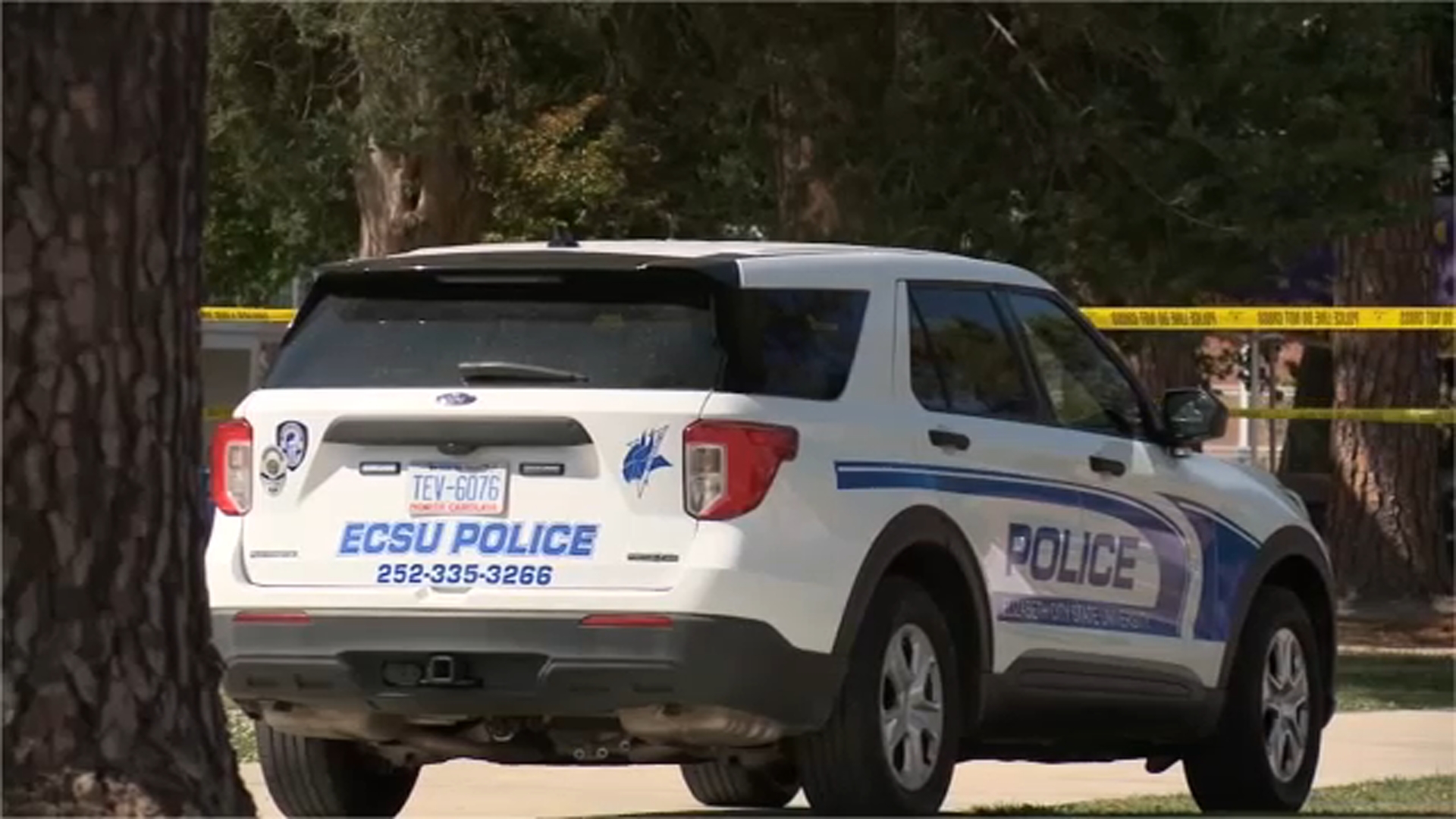Chapel Hill family's dog tests positive for COVID-19 in Duke University study

DURHAM, N.C. (WTVD) -- A pet dog tested positive for COVID-19 in Durham, in what researchers say is the first known novel coronavirus case in a canine.
The positive case comes from a research study being conducted at Duke University.
The Molecular and Epidemiological Study of Suspected Infection (MESSI) is testing how bodies respond to different types of infections. The goal of the study is to ultimately develop infection biomarkers to help treatment and prevention of illnesses.
Tracking North Carolina COVID-19 cases
During the MESSI research, a family who was participating in the study had its dog tested for the virus. The dog tested positive.
"To our knowledge, this is the first instance in which the virus has been detected in a dog. Little additional information is known at this time as we work to learn more about the exposure," MESSI principal investigator Dr. Chris Woods said in a statement.
Dr. Heather McLean is a Duke Health pediatrician who lives with her family in Chapel Hill. Her husband is an ER doctor. They, as well as their human son, all tested positive for the virus.
McLean said her family experienced very mild symptoms. She said the same was true of Winston, the family's pug. Winston lost his appetite for a day, but other than that, he appeared healthy.
The McLeans have two dogs and one cat. Winston is the only pet that tested positive for COVID-19.
As part of the study, the family will continue to be tested. McLean said her family thought it was important to do what they could to help researchers better understand this new virus.
"Just reading about it and hearing it in the news and going into the hospital it is a little creepy," McLean said. "Everyone is a little on edge and afraid, so this just gives us the ability to feel like we have something that we can contribute to society and help patients get better."
COVID-19 has been found in big cats and other felines.
There have been reports of COVID-19 in dogs in other parts of the world. According to the Centers for Disease Control and Prevention, "CDC is aware of a small number of pets, including dogs and cats, reported to be infected with the virus that causes COVID-19."
MESSI started before the COVID-19 pandemic, but it has since shifted its focus to help respond to the crisis.
The team is now working exclusively with people who tested positive for COVID-19 or were exposed to the virus.
The team hopes its research can help develop improved diagnostic tests for the earliest stages of the disease, track mutations of the virus over time, understand how the body responds to the virus' changes, evaluate using convalescent plasma for therapy, and create a vaccine.










